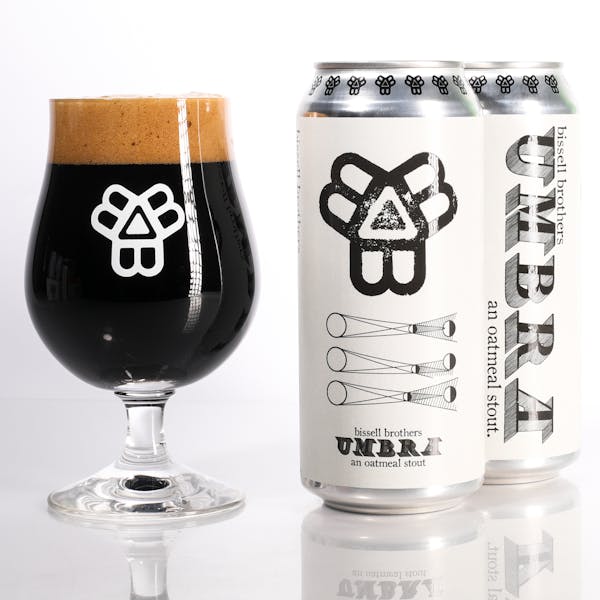Umbra
Oatmeal Stout
Our hefty and comforting oatmeal stout is brewed with loads of roasted malt, a kiss of UK crystal malt, and of course, Maine oats. Simply delicious.
Production Location
ABV
6.2%
Hops

